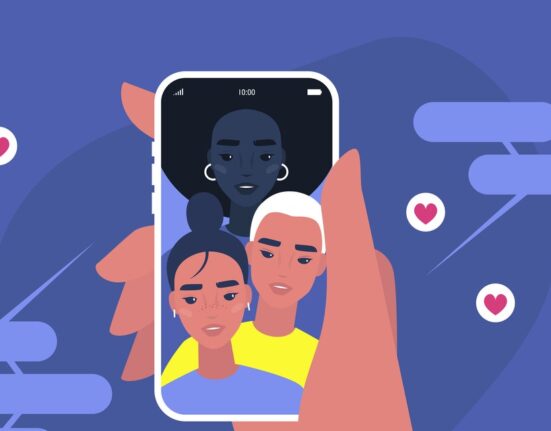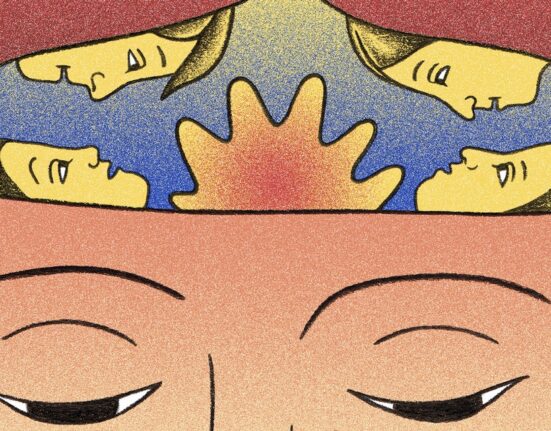But, as much as our culture tells us otherwise, self-care isn’t selfish. We all need it, and ”being honest about your priorities and wishes is critical,” Willough Jenkins, MD, assistant professor of Psychiatry on the University of California San Diego, tells SELF. Dr. Jenkins says she learned this the hard way: by attempting to “have it all” as a high-achieving psychiatrist and mother, and neglecting herself consequently. Once she acknowledged she needed a change, without judging herself, she was capable of stop trying so hard to live as much as other people’s expectations, she says. Ultimately, that meant reducing her client load to seek out the balance she so desperately needed.
Of course, self-care looks different for everybody. But whether you’re taking a long-overdue vacation, say, or blocking out time to look at the brand new season of , you’ve nothing to feel guilty about. Prioritizing yourself only makes you higher in any respect your other (personal and skilled) roles in life.
Remember that not all social interactions are created equal.
When I’m spent from work, the very last thing I would like to do is socialize or call a member of the family or friend. That said, there’s definitely a difference in how I feel during interactions with certain people versus others: Some relationships are nourishing, and others are depleting. So it could be possible to enjoy grabbing a drink or going to the flicks after work, even if you’re wiped, if it’s with the “right” people,” Brit Barkholtz, LICSW, a trauma therapist based in St. Paul, Minnesota, who focuses on stress management, tells SELF.
Barkholtz explains that she jokingly tells her closest friends they “don’t count as people.” She finds spending time with them restorative, not exhausting, and being aware of how she feels around these particular pals has allowed her to still decide to see them, even (or especially) on tough days when her instinct is to be alone.
Not sure which individuals are the “right” ones in your life? Similar to the to-do list check-in above, Dr. Zuckerman suggests doing an interpersonal inventory. Here’s how: Assess the give and take of your relationships—including friends, family, and colleagues—and work out which of them leave you worse off (as in, they require a variety of emotional investment that zaps your energy, or they continuously trigger exhausting feelings like anger or defensiveness) and which offer you a lift (you usually feel supported, happier, and more fulfilled after you hang around with them).
Based on these results, you possibly can selectively make plans with the family members who make you’re feeling good, and potentially minimize (and even avoid) get-togethers with those that don’t. As Barkholtz says, socializing shouldn’t feel like one other job. Reminding yourself of this, and thoroughly curating your inner circle, could make people-ing (after work and beyond) a lot easier.
Consider “parallel play” activities.
There’s this thing that children do called parallel play: They play together in the identical room but don’t talk and even interact with one another. As it seems, we are able to do this as adults too, and it could be solution for you in case you’re in search of ways to attach along with your favorite people in a less draining way.

















